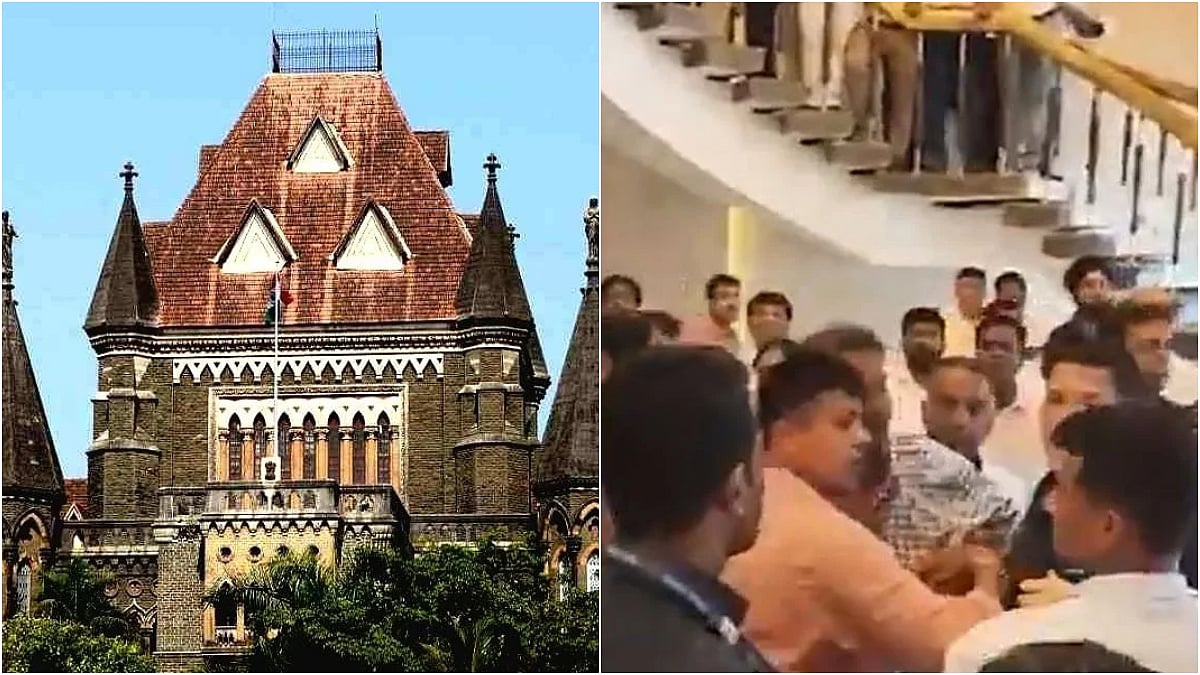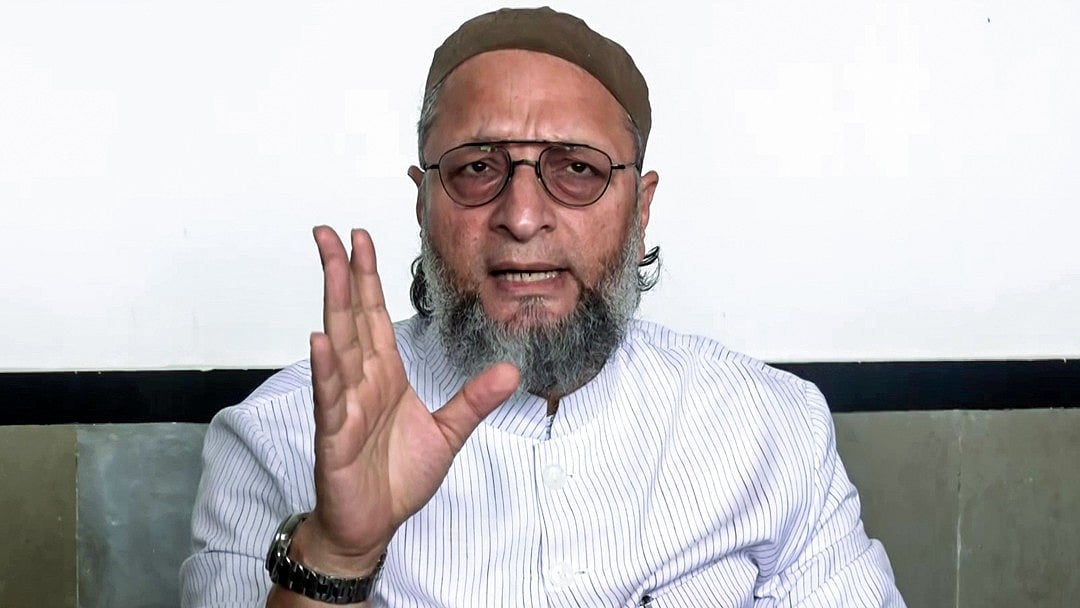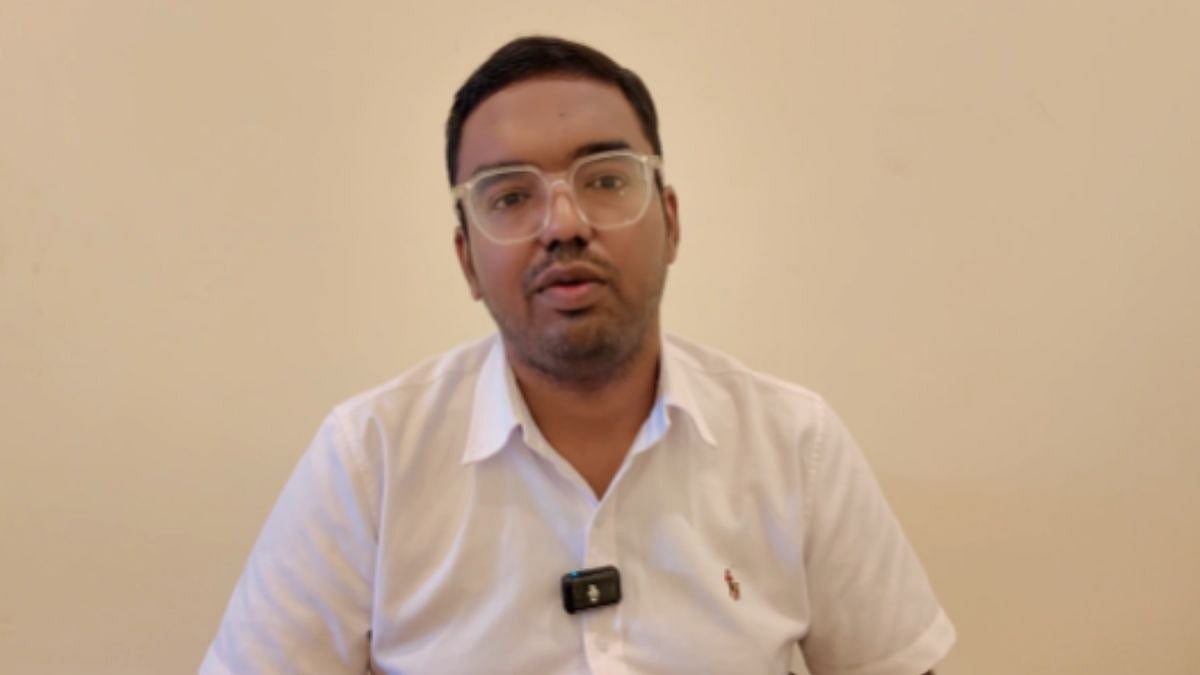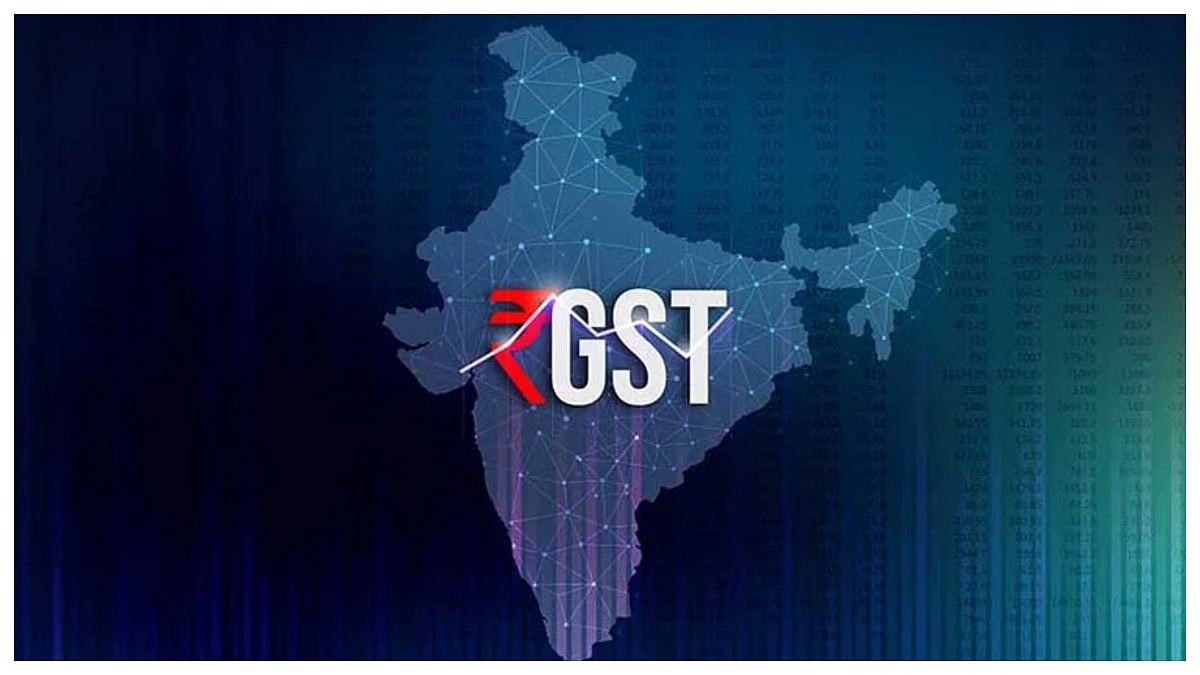“Good ideas can also be bad choices.” The adage is appropriate for the current situation in Sri Lanka. With the hope of becoming the world's first 100 percent organic food producer, the Sri Lankan government announced a comprehensive, immediate ban on chemical fertilizer imports in April last year. They imposed a fertilizer ban on farmers who were utterly unaware of transitioning to organic farming. As a result of the impulsive decision, the country and its people are already paying the price in the form of a food crisis.
Organic agriculture just can’t happen overnight. The situation in Sri Lanka is the ideal example for this, a lesson that compels India, as Sri Lanka’s neighbour and the second-most populated country in the world, to think about avoiding this situation. This brings us to the question of whether organic farming is sustainable in the long run. To understand this better, let’s delve deeper.
Indian organic farming scenario
Organic farming management practices broadly consist of three parts: nutrient and soil management, pest and disease management, and weed management. In organic farming, cattle manure or farmyard manure (FYM) and other organic products, like vermicompost, are used to provide nutrients to crops. These organic components boost the soil’s organic carbon, bulk density, and water retention capacity, among other things. However, in terms of nutrients, those organic manures aren’t rich sources.
According to the FAO's revised prediction, global food production in 2050 should be 60 percent higher than what it was in 2005/2007 to feed the predicted global population of over 9 billion people, which is an addition of 2 billion to the current population. However, this surge will result in skyrocketing need for food and food security; but if the soil does not have that amount of nutrients supplying capacity, the yield would be less, and productivity will suffer, resulting in lack of food security, and a host of other issues.
Furthermore, to feed those people, we need to produce more with the limited available land parcel. As a result, our priority should be increasing production in a sustainable way. So, in general, there should be an integrated approach, where we should consider applying organic fertilizers not as a substitute for inorganic fertilizer but as an additional component to maintain soil health and to make the plant grow up to its potential.
When it comes to pest and disease management, it’s essential to explore and implement an integrated pest management strategy. Determining whether the damage is above the economic threshold level or below the economic threshold level is crucial. And after that, we should use insecticides wisely to combat insect and pest infestations, and they should not be in excess. The same approach must be adopted for weed management.
Bottomline
Indian scenario is diverse, both in terms of population and their food demand. At the same time, we have a vast population and mouths to feed; therefore, contemplating a sustainable agriculture method is a smart alternative, but it does not imply we must go 100 percent organic. A balanced approach is key in such as situation. Once this balanced strategy takes shape, less inorganic fertilizer will be required to grow food in healthier soils. So, rather than a drastic, overnight change that may prove challenging, a thoughtful, meticulously planned, science-based approach is the solution - one that is sustainable for the environment as well as humankind.
(Dr Sudarshan Dutta is Lead Agronomist, India, Agoro Carbon Alliance-specializes in farm carbon credits, etc)










